South Korea Reflects on Turbulent Past on National Liberation Day
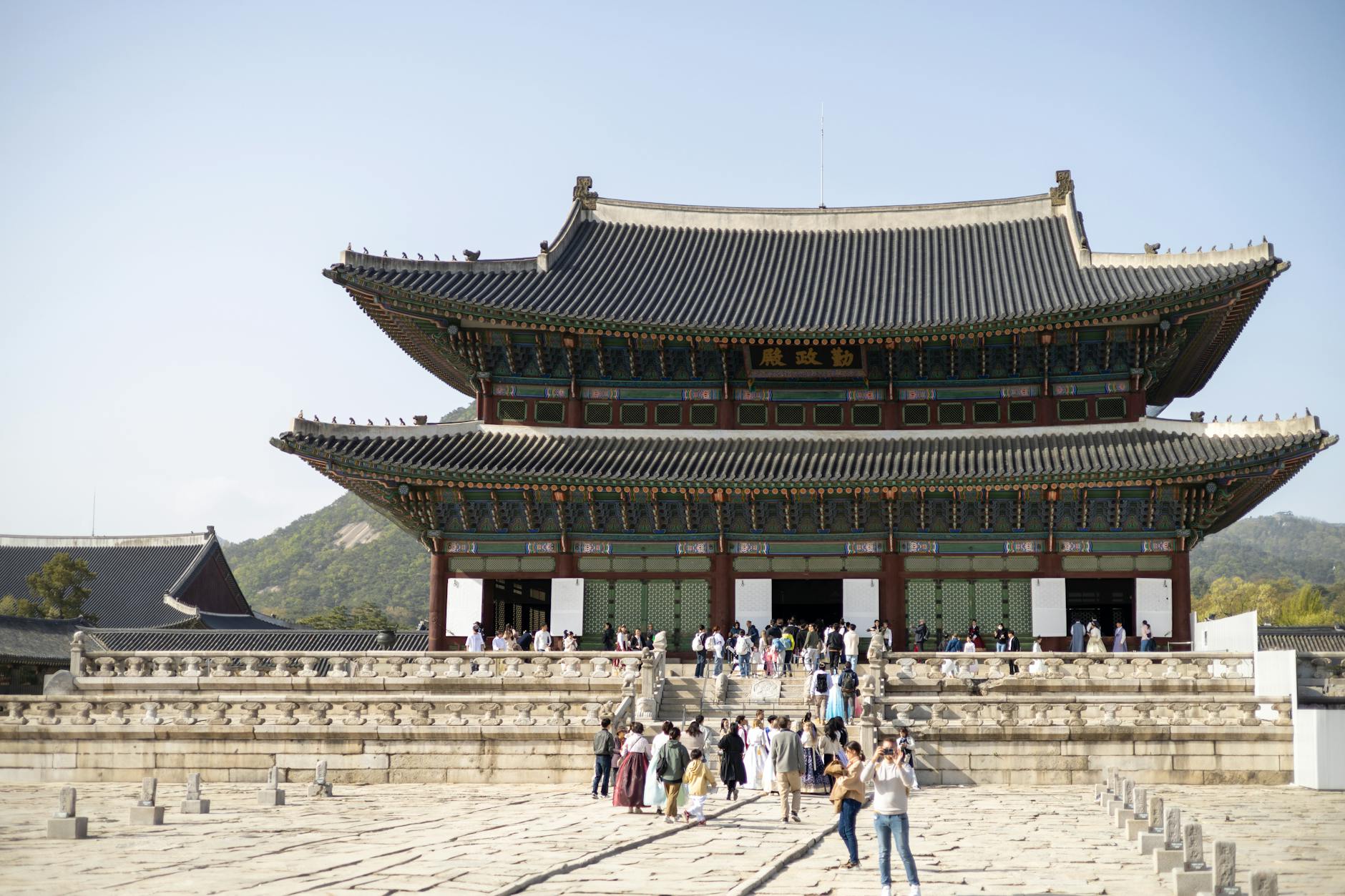
Introduction
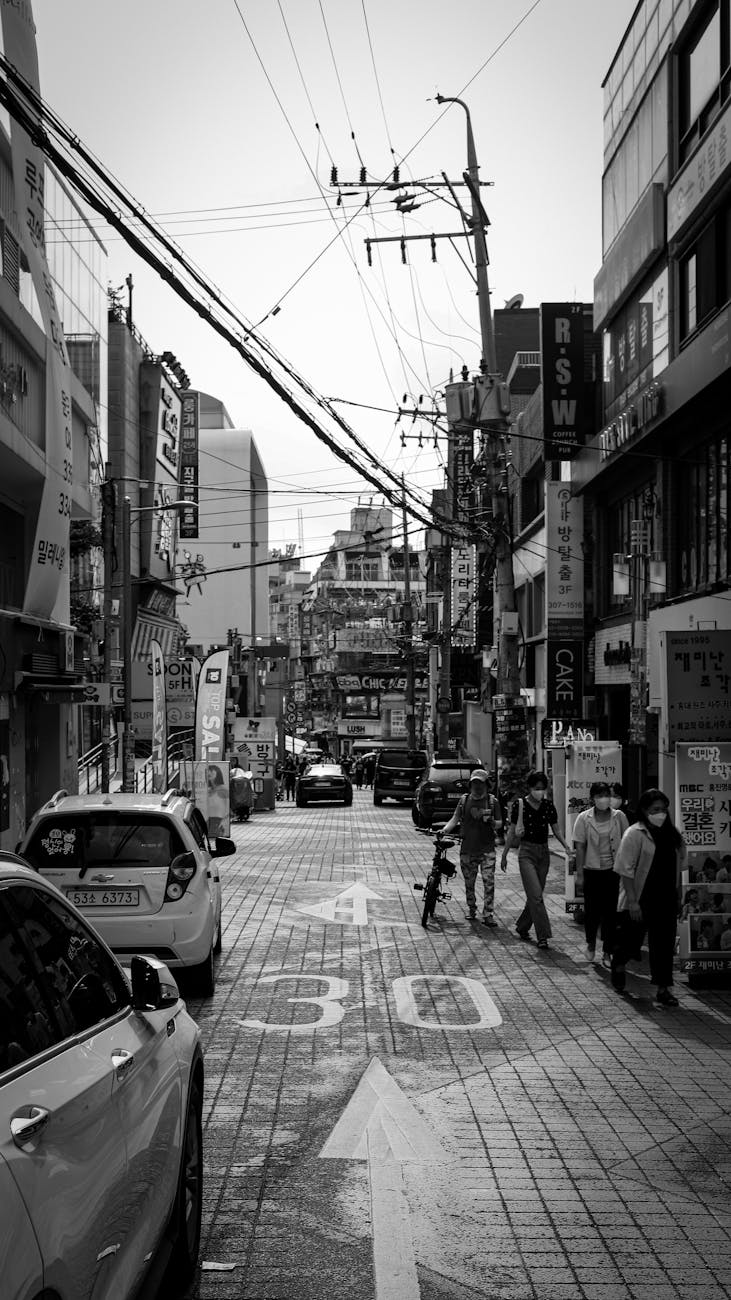
Every year on August 15th, South Korea marks Gwangbokjeol, or Liberation Day, commemorating its freedom from Japanese colonial rule in 1945. More than just a national holiday, it is a day of reflection on the nation’s turbulent past and a celebration of its resilience and democracy. Alongside Liberation Day, South Korea observes several other anniversaries that highlight its culture, struggles, and achievements.
Background & Cultural Context
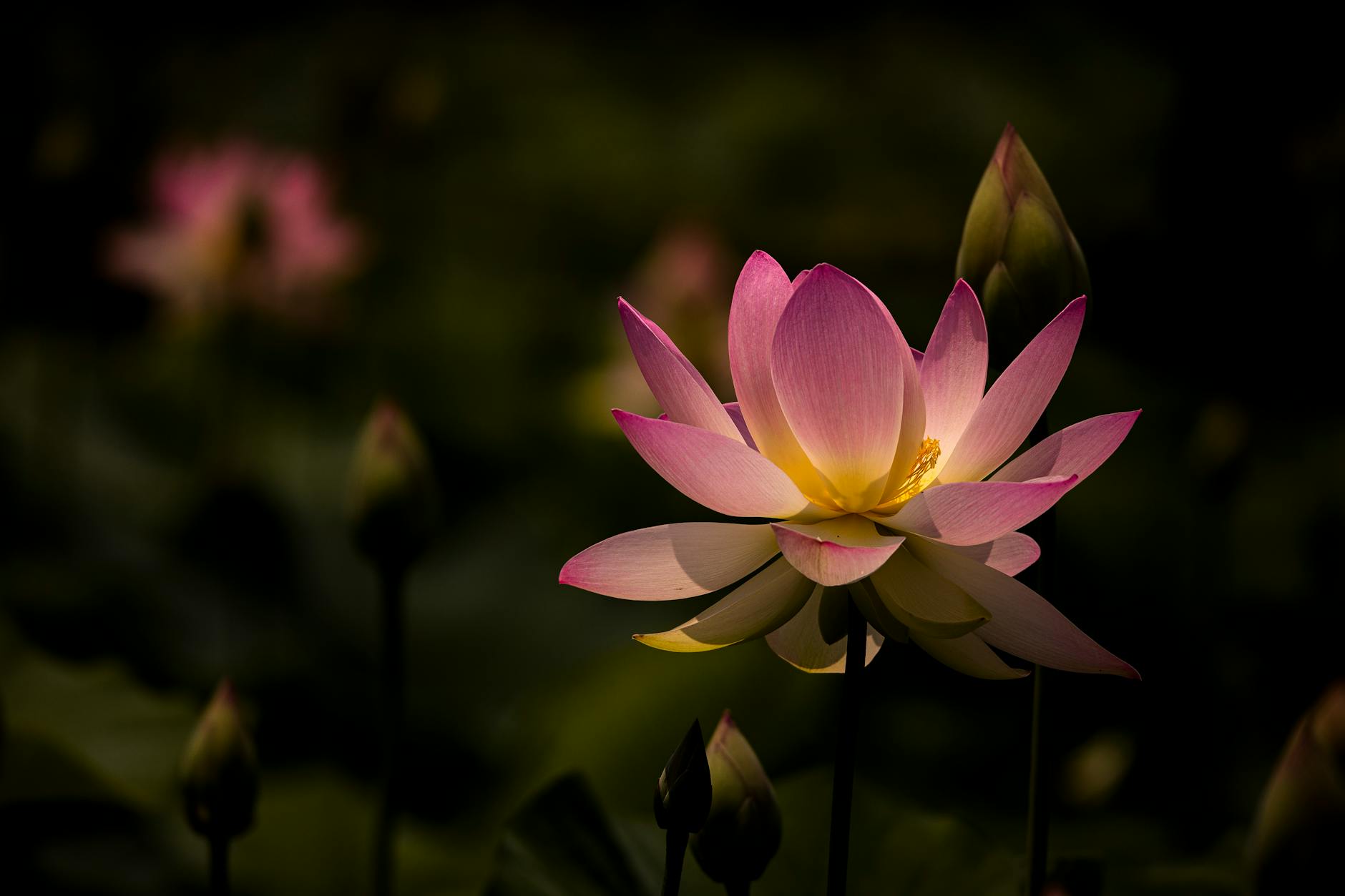
Korea’s modern history has been shaped by colonization, war, and rapid modernization. The Japanese occupation (1910–1945) suppressed Korean culture and language, but the eventual liberation became a cornerstone of national pride. Since then, South Korea has grown into a thriving democracy, but its anniversaries continue to remind citizens of past struggles and the importance of unity.
Key Anniversaries
Gwangbokjeol (Liberation Day, August 15)
Commemorates Korea’s liberation in 1945. Marked by ceremonies, cultural performances, and tributes to independence activists.
Samiljeol (March 1 Independence Movement Day)
Honors the 1919 movement against Japanese colonial rule, remembered with rallies and public ceremonies.
Hangeul Day (October 9)
Celebrates the creation of the Korean alphabet in 1443 by King Sejong, with exhibitions and competitions.
Seollal (Lunar New Year)
While not a political anniversary, Seollal reflects Korea’s deep cultural heritage through family gatherings, traditional food, and ancestral rites.
Practical Tips
- Plan ahead: National holidays bring large crowds—book accommodations early.
- Respect customs: Many events are solemn; show respect at ceremonies.
- Join events: Parades, exhibitions, and cultural performances are often open to all.
- Try seasonal foods: Special treats like songpyeon or tteok are tied to anniversaries.
FAQ
What is the most important anniversary in South Korea?
Gwangbokjeol (Liberation Day, August 15) is considered the most significant.
How do Koreans celebrate Seollal?
Families gather, share traditional meals, perform ancestral rites, and exchange gifts.
What is the meaning of Hangeul Day?
It commemorates the creation of the Korean alphabet, symbolizing literacy and cultural pride.
Can foreigners participate in these events?
Yes, foreigners are welcome at most public ceremonies, festivals, and cultural programs.
When is the best time to experience multiple anniversaries?
Spring (March 1st Movement) and autumn (Hangeul Day, Liberation Day celebrations in August) are particularly vibrant times for cultural immersion.
Conclusion
South Korea’s anniversaries are windows into its resilient spirit and cultural richness. Whether commemorating liberation, honoring independence movements, or celebrating the creation of Hangeul, each anniversary deepens understanding of Korea’s journey. For travelers, attending these events offers not just sightseeing, but an immersion into the nation’s identity and collective memory.
Want to dive deeper into Korea?
Visit our YouTube channel and subscribe for thoughtful videos about Korean culture:
www.youtube.com/@KORCULTURE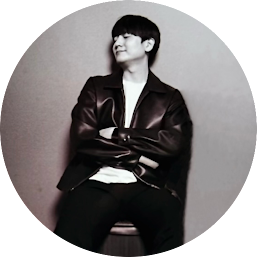



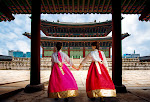
0 Comments